In 2014, ECS became a member of the Open Researcher and Contributor ID (ORCID) registry. ORCID is an open, non-profit, community-based effort founded by academic institutions, professional bodies, funding agencies, and publishers to create and maintain a registry of unique researcher identifiers intended to remedy the systemic name ambiguity problem seen in scholarly research. ORCID resolves the confusion brought about by name changes, the cultural differences in name order presentation, and the inconsistent use of first-name and middle-name abbreviations on published research papers.
ECS wants to learn more about your perspective on ORCID iD. Take our survey below!
Create your own user feedback survey
ORCID iDs are free to obtain and use. The registration process is integrated into the ECS journals submission site, ECSxPress (ExP) for convenience.
Don’t have an ORCID iD? Learn more and register today!


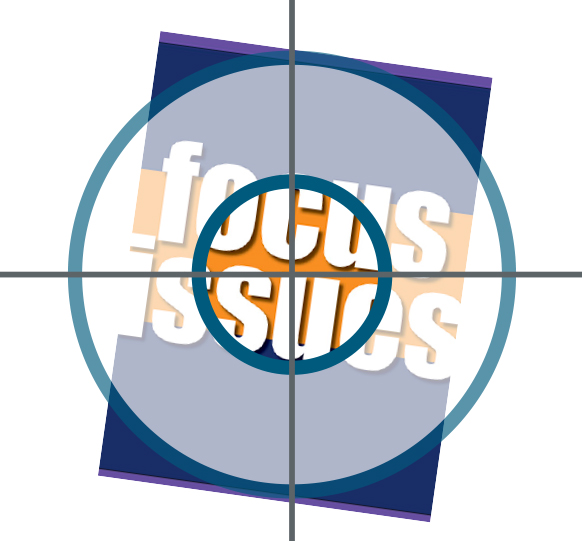 The
The 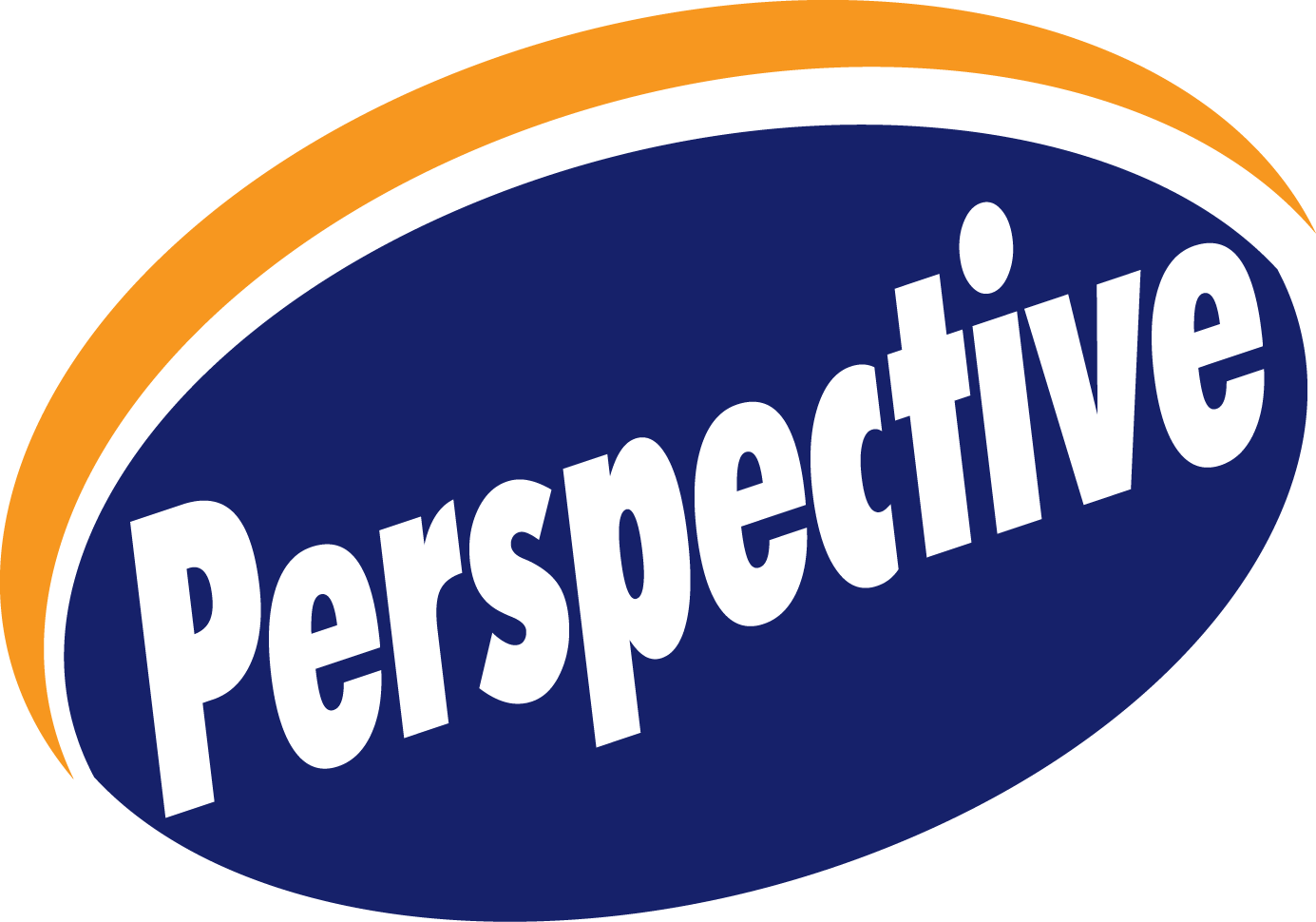 Since 1902, ECS has been at the forefront of publishing electrochemical and solid state science and technology research. For the past 115 years, the Society has been publishing high quality, peer-reviewed journals that contain the work of renowned scientists, engineers, investors, and Nobel laureates. Now, ECS is providing researchers a new avenue to offer insights into emerging or established fields:
Since 1902, ECS has been at the forefront of publishing electrochemical and solid state science and technology research. For the past 115 years, the Society has been publishing high quality, peer-reviewed journals that contain the work of renowned scientists, engineers, investors, and Nobel laureates. Now, ECS is providing researchers a new avenue to offer insights into emerging or established fields: 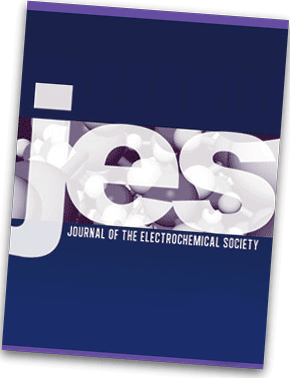 ECS is providing an opportunity for new authors to ask questions and get educated about ECS’s publications.
ECS is providing an opportunity for new authors to ask questions and get educated about ECS’s publications.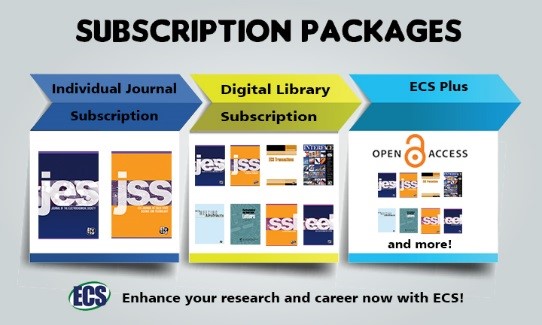
 The open access movement has bolstered content dissemination worldwide, but it has also led to the rise of “predatory publishers.” Instead of prioritizing the quality of the content, predatory journals exist to take advantage of the pay-to-publish open access system, enforcing a lax or non-existent peer review system while charging authors processing fees to publish their work.
The open access movement has bolstered content dissemination worldwide, but it has also led to the rise of “predatory publishers.” Instead of prioritizing the quality of the content, predatory journals exist to take advantage of the pay-to-publish open access system, enforcing a lax or non-existent peer review system while charging authors processing fees to publish their work.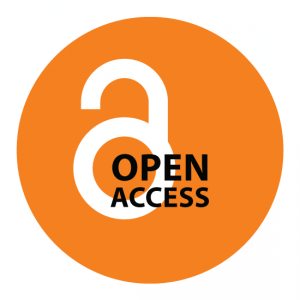 Richard Poynder (
Richard Poynder (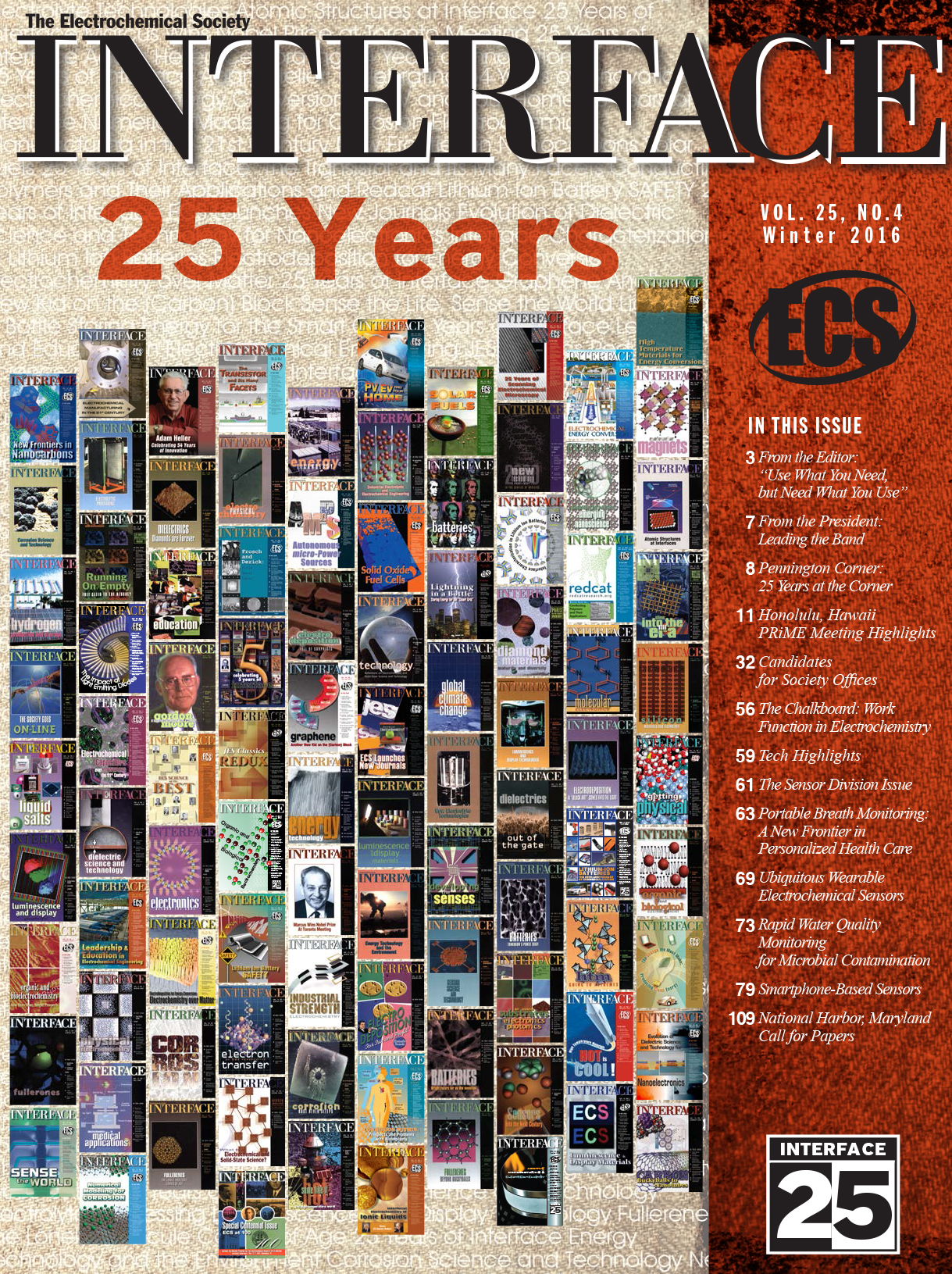
 ECS is committed to open access through
ECS is committed to open access through 